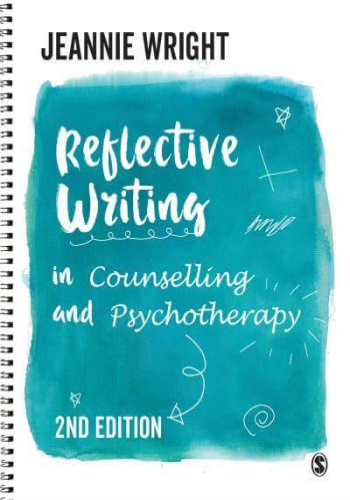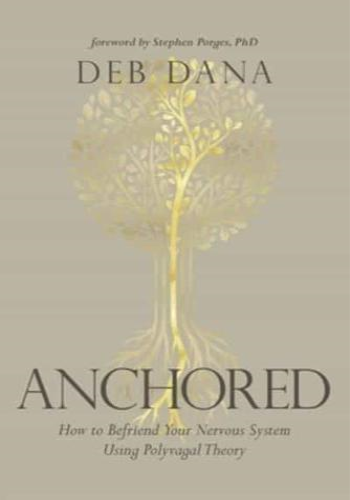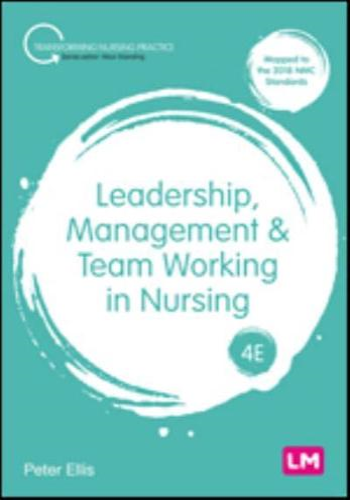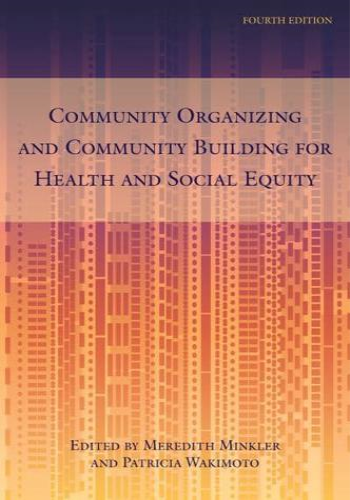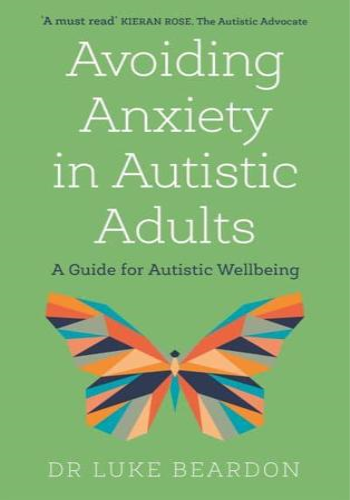Chapter 1: The Nature of Reflective Practice
* Summary: Explores the concept of reflective practice in counseling, emphasizing its importance for professional development and client care.
* Example: A therapist reflects on their session with a challenging client, identifying their own beliefs and assumptions that may have influenced the interaction.
Chapter 2: Models of Reflection
* Summary: Presents different models of reflective practice, including Gibbs' Reflective Cycle, Schon's Theory of Reflection-in-Action, and Rolfe's Reflective Journaling.
* Example: A counselor uses Gibbs' Reflective Cycle to analyze a supervision session, identifying areas for improvement in their own practice.
Chapter 3: Techniques for Reflective Writing
* Summary: Introduces various techniques for reflective writing, such as journaling, freewriting, and focused reflection.
* Example: A therapist writes a journal entry after a particularly difficult session, exploring their emotions and insights.
Chapter 4: Uses of Reflective Writing
* Summary: Explores different ways reflective writing can be used in counseling and psychotherapy, including for professional development, case supervision, and research.
* Example: A counselor uses reflective writing to prepare for a presentation on their work with clients experiencing anxiety.
Chapter 5: Ethical Considerations
* Summary: Discusses ethical considerations related to reflective writing, such as privacy, confidentiality, and informed consent.
* Example: A therapist ensures that their reflective writing does not identify clients or violate ethical boundaries.
Chapter 6: Assessment and Evaluation
* Summary: Explores methods for assessing and evaluating the quality of reflective writing, including self-reflection, peer review, and external evaluation.
* Example: A supervisor provides feedback on a counselor's reflective journal, suggesting areas for growth and development.
Chapter 7: Reflective Practice in Specialized Contexts
* Summary: Examines how reflective practice can be applied in specialized counseling contexts, such as grief counseling, addiction counseling, and work with children.
* Example: A grief counselor uses reflective writing to process their own experiences of loss in order to provide more effective support to their clients.
Chapter 8: Integrative Approaches to Reflective Writing
* Summary: Explores integrative approaches to reflective writing that combine different models and techniques to enhance the reflective process.
* Example: A counselor integrates Gibbs' Reflective Cycle with freewriting to deepen their understanding of their own practice.
Chapter 9: Conclusion
* Summary: Summarizes the key points of the book and emphasizes the importance of ongoing reflective practice for counselors and psychotherapists.
* Example: A therapist reflects on the journey of reflective writing and its transformative impact on their professional development.

